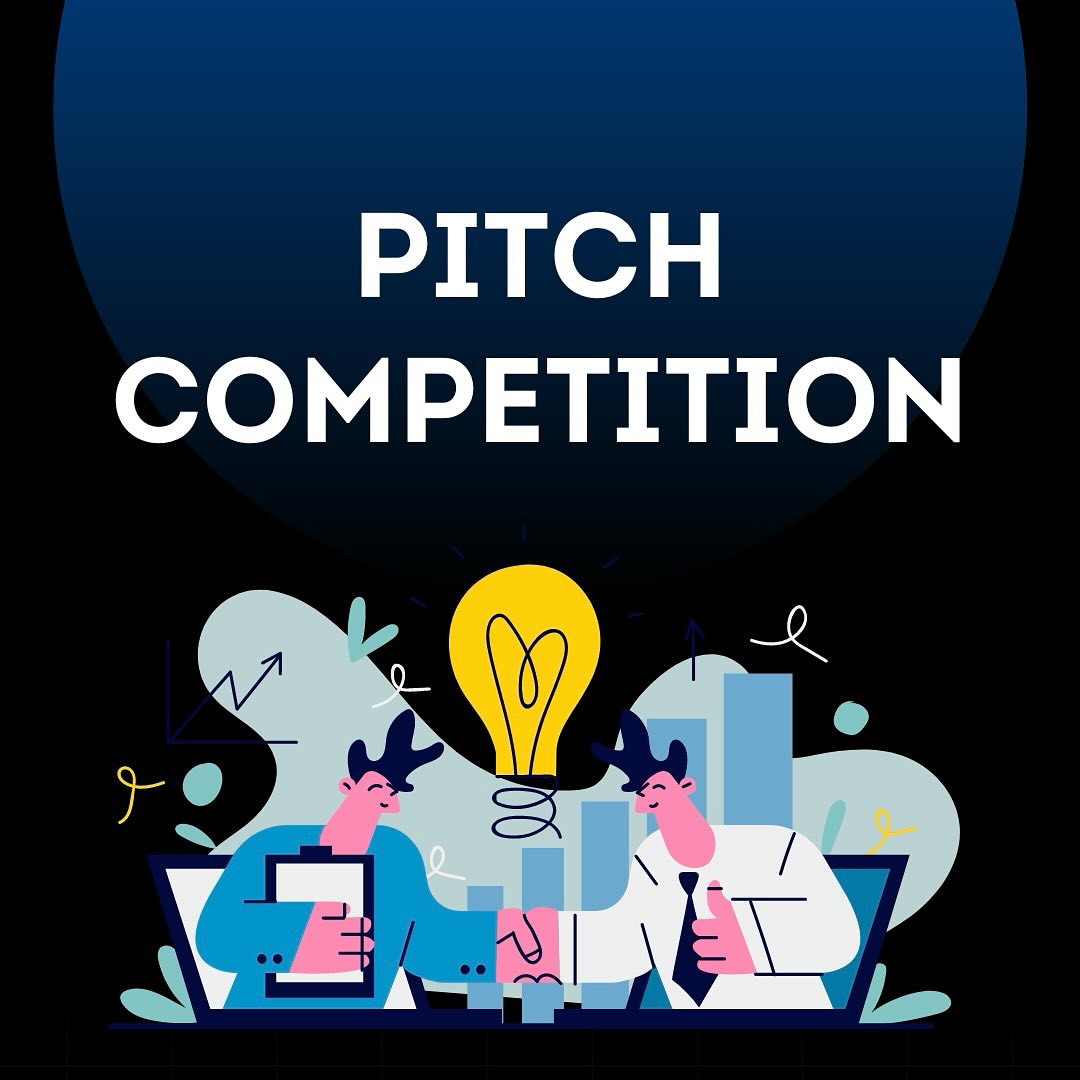It has become casual to call the COVID-19 pandemic nothing short of world war against invisible enemy and thus to declare war both to its cause and the consequences. And while the rush to find a vaccine is gaining traction, “the brightest minds” are coming together to re-imagine the world that ought to emerge in a result of “the greatest lockdown” of all times.
To counterbalance the overwhelming “doom and gloom” some promising ideas are given voice. One of them belongs to no one else, but HRH the Prince Charles of Wales (the UK) himself: “There is a golden opportunity to seize something good from this crisis…global crises know no borders, and highlight how interdependent we are as one people sharing one planet.” Another similar thought spoken by Prof. Klaus Schwab (DE) goes: “The pandemic represents a rare but narrow window of opportunity to reflect, reimagine, and reset our world”. To complement the first two gentlemen Mustafa Alrawi from the news service “The National” (UAE) commenting on “The Great Reset” mentions: “History has shown […] that pandemics are a force for radical and lasting change“.
In other words, the world that we tirelessly built together for decades is no longer viable and satisfactory. Let’s scrap it and reconstruct it altogether the soonest possible. Time is short so let’s better be quick. Sounds reasonable, doesn’t it?
It does, but only if one has right motives and instruments at hand. At a second look, this idea strikes as a more dangerous one. Here is why. “The Great Reset” is both a theme of the twin summit to be organized by the World Economic Forum (WEF) in January 2021 and the book recently co-authored by the WEF Founder and Executive Chairman Klaus Schwab and Thierry Malleret, Co-Founder of Monthly Barometer.
Both of these resources caution that “the worst of the pandemic is yet to come and the world has reached a defining moment” while pointing a narrative in the following direction: “the challenges are greater than previously imagined, but our capacity to reset is also greater than we had previously dared to hope”. The danger of such ideas’ twisting lies in cementing an illusion that world elites from government, business and civic sectors struggling to secure a safe, just and fair world at a first place will all of a sudden be empowered to do so in the face of the global healthcare crisis and shrinking resources.
Granted, it’s always better to light a candle than to blame darkness. So the criticism is not about someone daring to set an ambitious agenda and sparkle hope among many; it is about creating misleading expectations that better outcomes can be achieved in significantly worsened conditions. The most conservative prognosis claim that should the pandemic have ceased right away, the world would at earliest be able to recover, let alone excel, by the end of 2021. But it is clear as a plain day that so far the virus cannot be written off, at least not in the densely populated and less well-off parts of the world. We are to expect all sorts of cuts, debts, shortages and deficiencies much beyond the next few years surpassing the “time to act is now” deadline. Yet, the call is to strive for a rapid remodeling of our practices in all areas of life – from education and healthcare to movement and production. The logical conclusion is to assume that it is either naïveté (fr.) or a call not to everyone, but a few, possessing required means to bring about change on a global scale.
Given half a century history of WEF in providing a platform for “shaping the world”, first premise on its leadership’s short-sightedness can be safely discarded. What remains is a loud and clear call to those who are capable, namely big business, to change the order of things for the better. But if this is a call to a potent few, then a relevant question is: better for who? Let’s leave aside altruistic utopias and face it: during COVID-19 rich are getting richer and poor are getting poorer as it has always been the case during the crises and there is no reverse trend in sight, no matter how pathetic the pleas to leave no one behind are.
According to the recent study, in a business world “demand for services that require face-to-face interaction, such as hotels, restaurants and retail trade, has substantially contracted. In contrast, demand for services that can be performed remotely or provide solutions to the challenges of reduced personal interactions, such as information and communications technology (ICT), and deliveries, has increased significantly”. “The new normal will benefit companies that offer products and services that help people who are working from home and make them feel safer and healthier”. Obviously, this applies to richer service-based economies, but they were the ones generating most of the global GDP anyways.
No wonder the sectors that were boosted the most were the pharmaceutical groups competing to saturate a desperate marker with a COVID-19 vaccine; technology giants inspired by the trend for working from home; and retailer chains offering lockdown necessities online delivered to even rural areas. The fourth embarrassing sector winner is gaming industry, which came to dominate entertainment industry. Its revenues were predominantly reallocated from cinemas, concerts, theaters, clubbing and the like leisure time activities.
Zooming on the most profiteering companies, here’s a very shortened list (full list can be accessed here) and indication of gains published by the Financial Times and compiled on the basis of data available as of mid-June 2020:
- Amazon (SECTOR: ecommerce / HQ: Seattle, US) + $401.1bn
- Microsoft (Sector: technology / HQ: Redmond, US) + $269.9bn
- Apple (Sector: technology / HQ: Cupertino, US) + $219.1bn
- Tesla (Sector: auto / HQ: Palo alto, US) + $108.4bn
- Tencent (Sector: technology / HQ: Shenzhen, China) + $93bn
- Facebook (Sector: technology / HQ: MENLO PARK, US) + $85.7bn
- Nvidia (Sector: technology / HQ: Santa Clara, US) + $83.3bn
- Alphabet (Sector: technology / HQ: Mountain View, US) + $68.1bn
- PayPal (Sector: payments / HQ: San Jose, US) + $65.4bn
- T-Mobile (Sector: telecommunications / HQ: Bellevue, US) + $59.7bn
In the second half of 2020 revenues and market value of those companies continue to grow up rapidly.
When we talk personalities, according to July article in The Observer, top already ultra-wealthy entrepreneurs mostly leading those same “big tech” companies have gained in the range of $70 bn like is the instance with Amazon’s CEO Jeff Bezos down to $13 bn like in the case of Facebook’s CEO Mark Zuckerberg.
No doubt, a lot of companies designate funds for social responsibility programmes. Likewise, many billionaires donate to charities and philanthropy, with the case of Bill and Melinda Gates being the most widely cited, but in both cases we are talking of pledges that do not even remotely match either the revenues, or the ever growing needs of the most vulnerable and underprivileged groups. Let alone that unfair competition stemming from favorable to transnational companies’ regulations disadvantages local small businesses, turns their weaker competitors bankrupt and their employees jobless. Add to this tax evasion. Count in, that overtime work and underpayment of its least skilled workforce is also a commonplace practice for majority of transnational corporations.
Therefore, platforms like WEF with its “Great Reset” while seemingly appealing to leaders of all kinds at all levels are essentially covering up and legitimising the creeping usurpation of power and control by a handful of business stakeholders yielding revenues as opposed to governments bearing losses and civil society representatives struggling to make their non-for-profit ends meet. Among big business’ track record you won’t find struggles for a fair completion or candid help to startups, SMEs and solid greener economy initiatives. At best, you are doomed to hear of their vigorous lobbying campaigns and ruthless sweeping out of rivals which are otherwise carefully hidden from a public eye. This cover-up is enabled by both social media algorithms and nature of media ownership. Most of media outlets nowadays belong to either giant corporations or billionaires themselves allowing them to easily manipulate facts and narratives without any accountability. Decisive actions, alluded to by the WEF, should have been taken when the Washington Post, owned by Bezos, was stimulating Americans to strictly follow stay-at-home orders and shop online, but instead it made only a few decision-makers raise their eyebrows and then shut wide their eyes. And don’t forget that we are talking about the US, one of the most democratic countries in the world, whose system of “checks and balances”, supposedly not only in governance, but also in business, is a role model for other counties.
Many more things can be said and examples provided. Yet, the point made can be boiled without further ado to the following statement: a multistakeholder “Great Reset” by WEF is anything, but another global show where winners and losers are predefined before it even starts. So let us not fool ourselves and pin high hopes on its ability to deliver stated results based on stakeholders’ right motives and backed up by adequate resources while we are preparing to brace this “brave new world”.
Maryna Yaroshevych, member of Promote Ukraine team
Pictures: https://www.weforum.org/agenda/2020/06/now-is-the-time-for-a-great-reset/ https://www.ft.com/__origami/service/image/v2/images/raw/https%3A%2F%2Fd6c748xw2pzm8.cloudfront.net%2Fprod%2F52ca3610-b1cc-11ea-8e5f-b5788b1a4983-fullwidth.png?dpr=1&fit=scale-down&quality=highest&source=next&width=1260






 UA
UA FR
FR DE
DE





